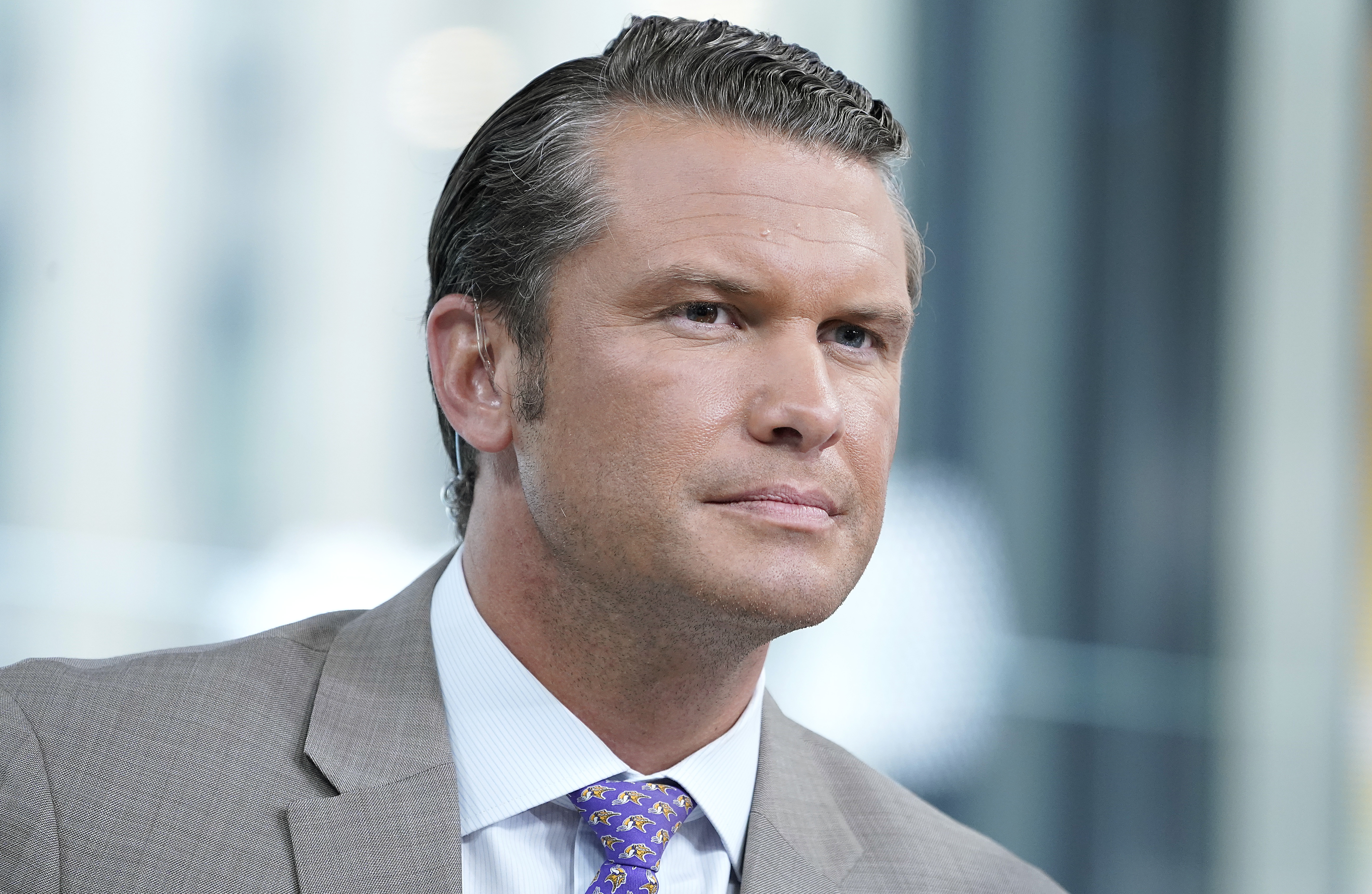A state judge on Tuesday suspended the medical license of a local psychiatrist who admitted to drinking two eight-ounce glasses of vodka mixed with cloves just two hours before seeing patients at his office near downtown San Diego.
According to Administrative Law Judge Susan Boyle’s ruling, Dr. Marco Chavez acknowledged he had a drinking problem, and said he drank the vodka and cloves concoction – one at 6 a.m., the other at 7 a.m. – as a “home remedy” suggested by his mother.
At his May 3 hearing, Chavez told the judge the drinks tasted so bad, his mother hoped the experience would help Chavez stop drinking altogether.
The medical board’s case against Chavez started in February 2017, when one of his patients complained to the Board that Chavez had mailed her a box of sample medicines that also contained an empty vodka bottle.
It’s unclear how the Medical Board’s investigation proceeded from there, but according to the judge’s “factual findings,” a state investigator visited Chavez’s office three times between January 30 and April 18 of this year.
During the most recent visit, the investigator “…observed signs and symptoms that caused him to suspect (Chavez) was intoxicated.” The investigator noted there were two patients in Chavez’s waiting room, and that Chavez’s office as “…in complete disarray.”
The investigator said Chavez at first claimed he hadn’t had a drink since February 24, but then admitted that he had consumed the 16-ounce “home remedy” of vodka and cloves. The investigator also found a “mostly empty 750 bottle of vodka” in one of Chavez’s office drawers.
U.S. & World
Two hours later, a San Diego Police officer tested Chavez’s blood alcohol. According to the judge’s findings, Chavez had a blood alcohol level of .216. (The legal limit for driving is .08.)
According to his website, Chavez is a graduate of the University of Texas medical school, with advanced training in psychiatry. On his website and Yelp!, Chavez advertises his expertise in treating drug and alcohol addictions.
At his hearing, Chavez acknowledged that he did drink “…to excess with friends on Sundays, which he called ‘Sunday Funday.”
He told the judge he doesn’t schedule patients on Mondays because of his Sunday drinking and was only in his office on April 18, which he said was a Monday, because of concern for a patient. But the judge noted that April 18 was a Wednesday, not a Monday. Chavez also told the judge that he now attends mass for two hours on Sunday afternoons “… so that he will not be drinking on Sunday Funday.”
But the judge ruled that Chavez’s testimony “was not persuasive evidence of rehabilitation” and suspended his license effective May 7.
NBC 7 Investigates was unable to reach Dr. Chavez for comment; the voicemail on his office phone is full.
Public interest attorney Bridget Gramme, who tracks the Medical Board’s investigative process and disciplinary decisions, is critical of both Chavez's dangerous behavior and the length of time it took the Medical Board to build a case against him.
"He was intoxicated while there were patients in the waiting room,” said Gramme, who teaches at the University of San Diego School of Law and directs the School’s Center for Public Interest Law. “I'm sure that wasn't the first time it happened, especially in that entire year.
“I’m glad the board has finally taken action on this, but they need to make some significant improvements for public protection,” he said.
Gramme said the Medical Board does not have enough investigators to respond promptly and efficiently to serious complaints of physician malpractice and dangerous behavior.
The Medical Board confirmed that it currently has 20 vacancies for investigators, which computes to a 26-percent vacancy rate. A Medical Board spokesman said it took an average of 123 days for a complaint to move to the investigative stage from the day that complaint is received by the Medical Board’s complaint intake unit.
In response to attorney Gramme’s criticism about how long it took for the board to bring Chavez’s case to court, the spokesman noted that “Complaints have to be thoroughly investigated for the Board to be able to meet its burden of proof of clear and convincing evidence to a reasonable degree of certainty at hearing.”



